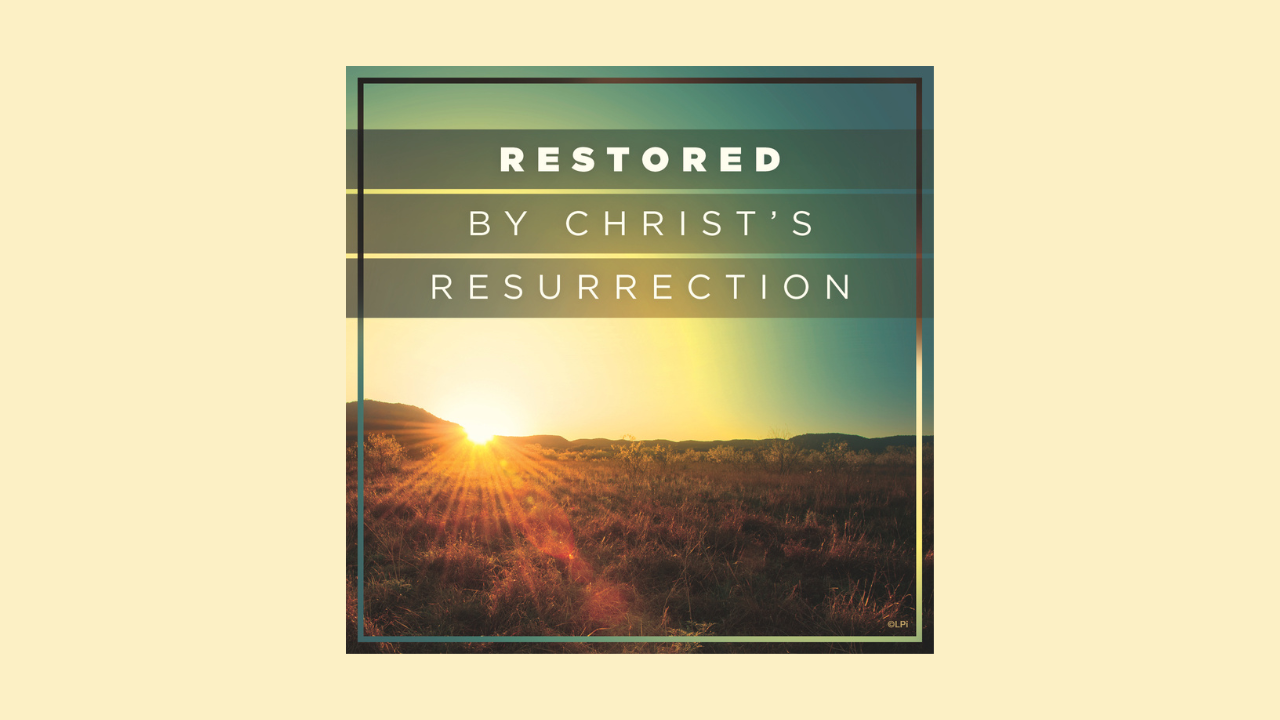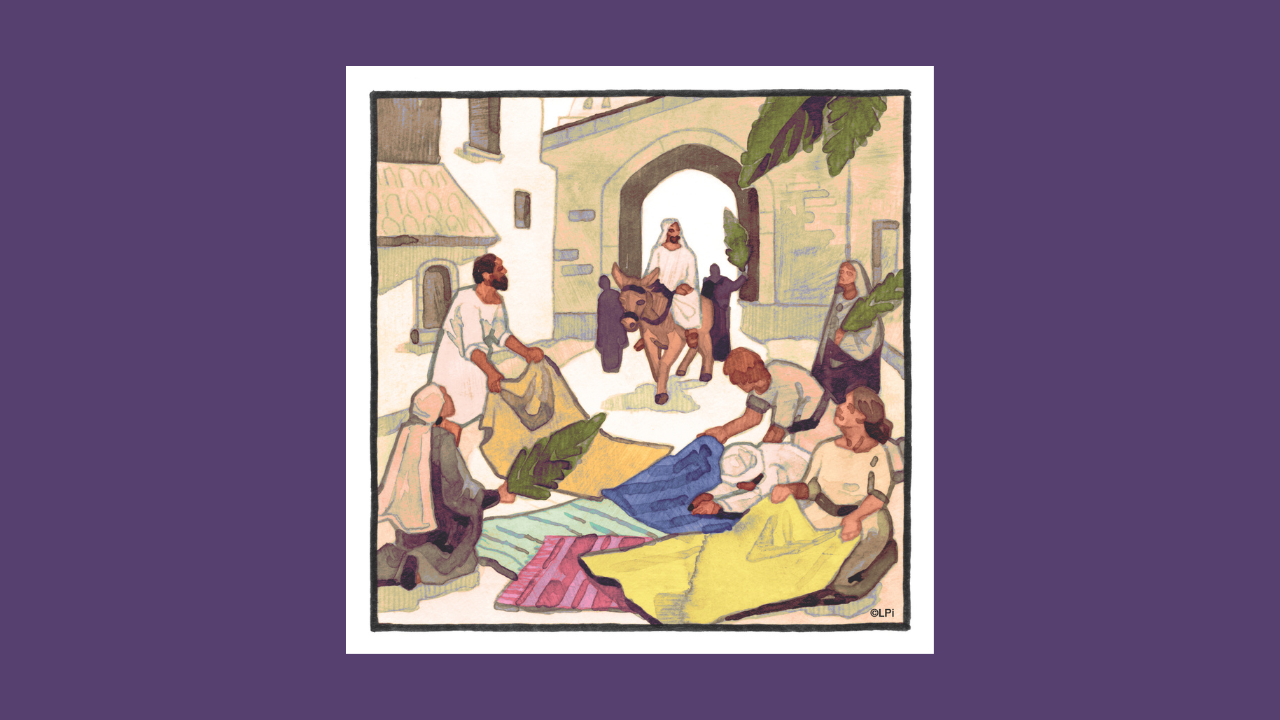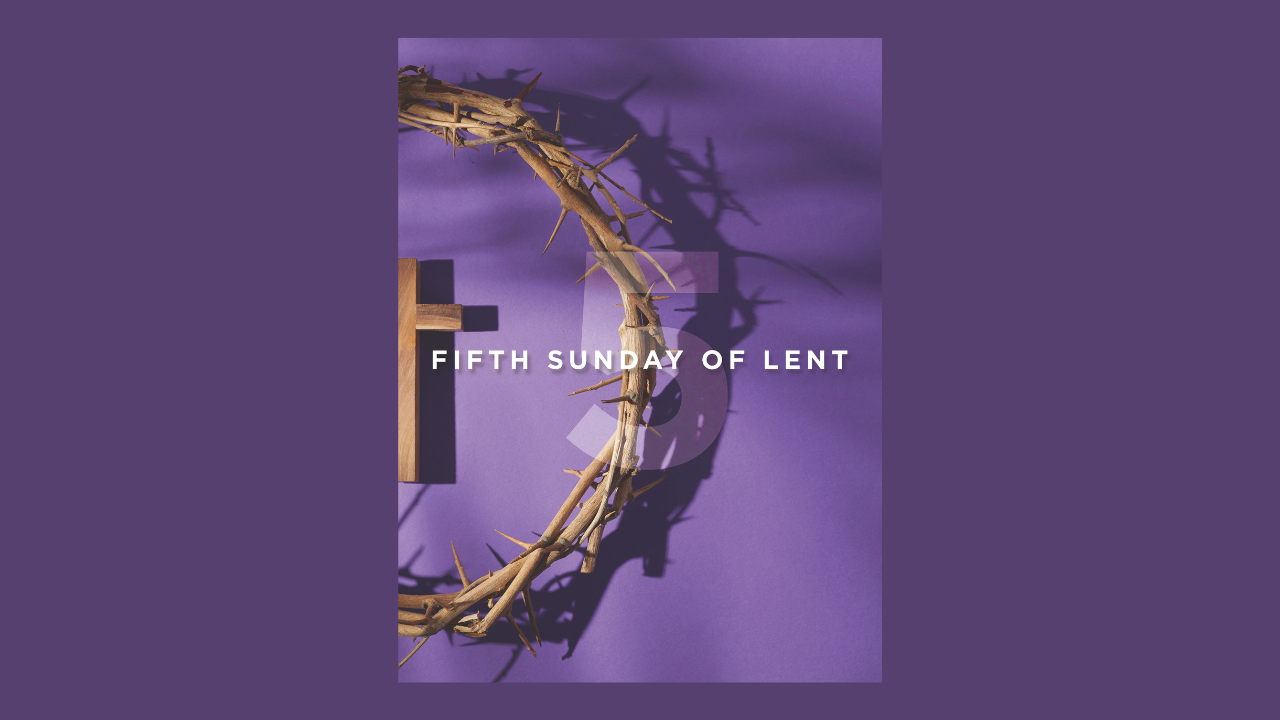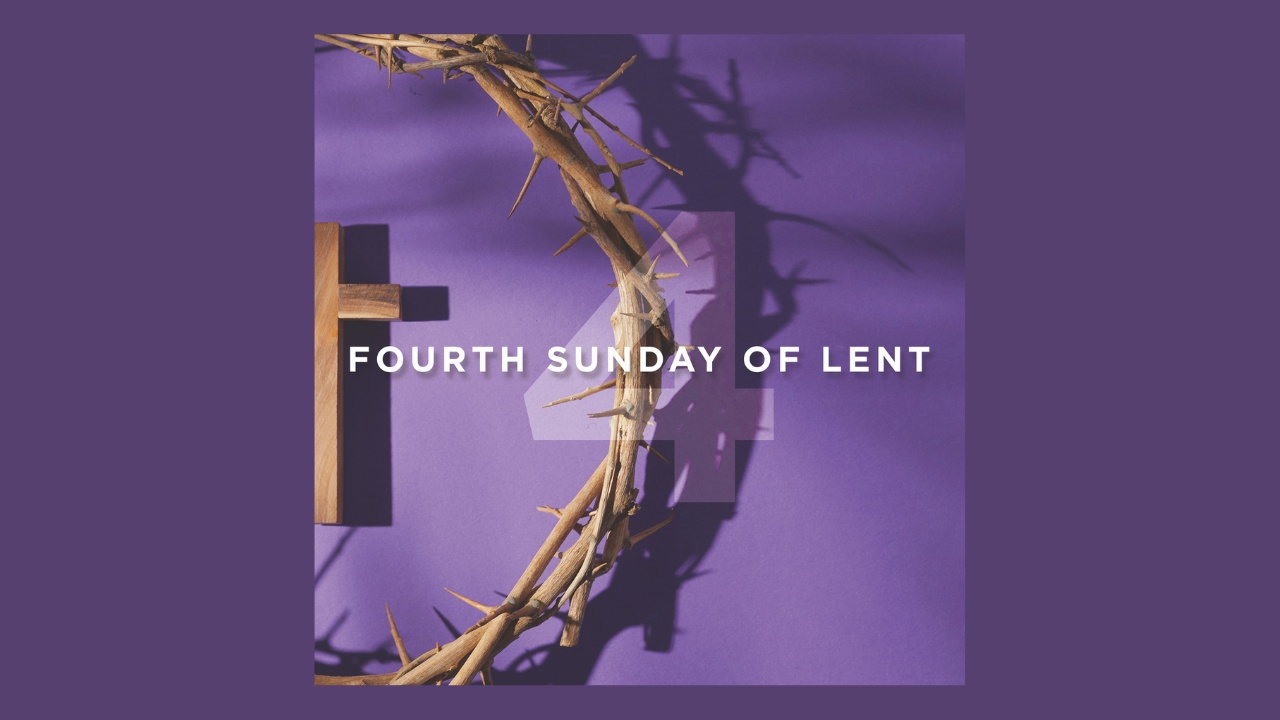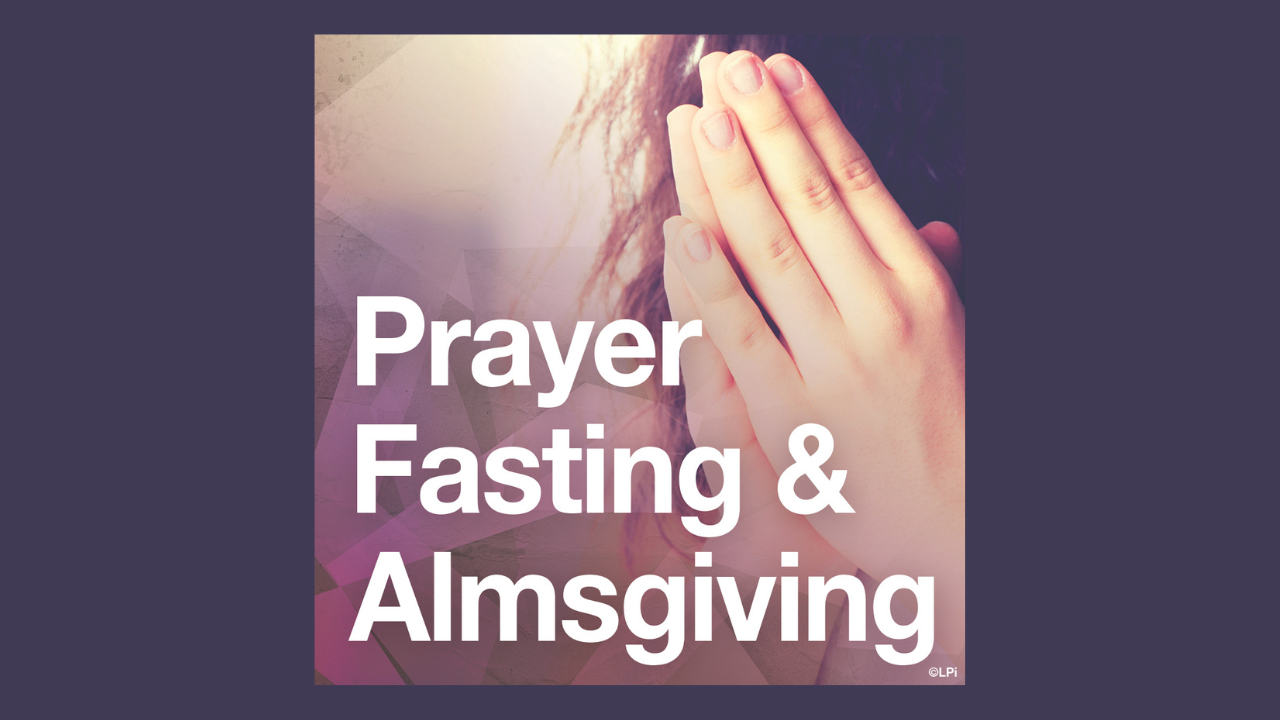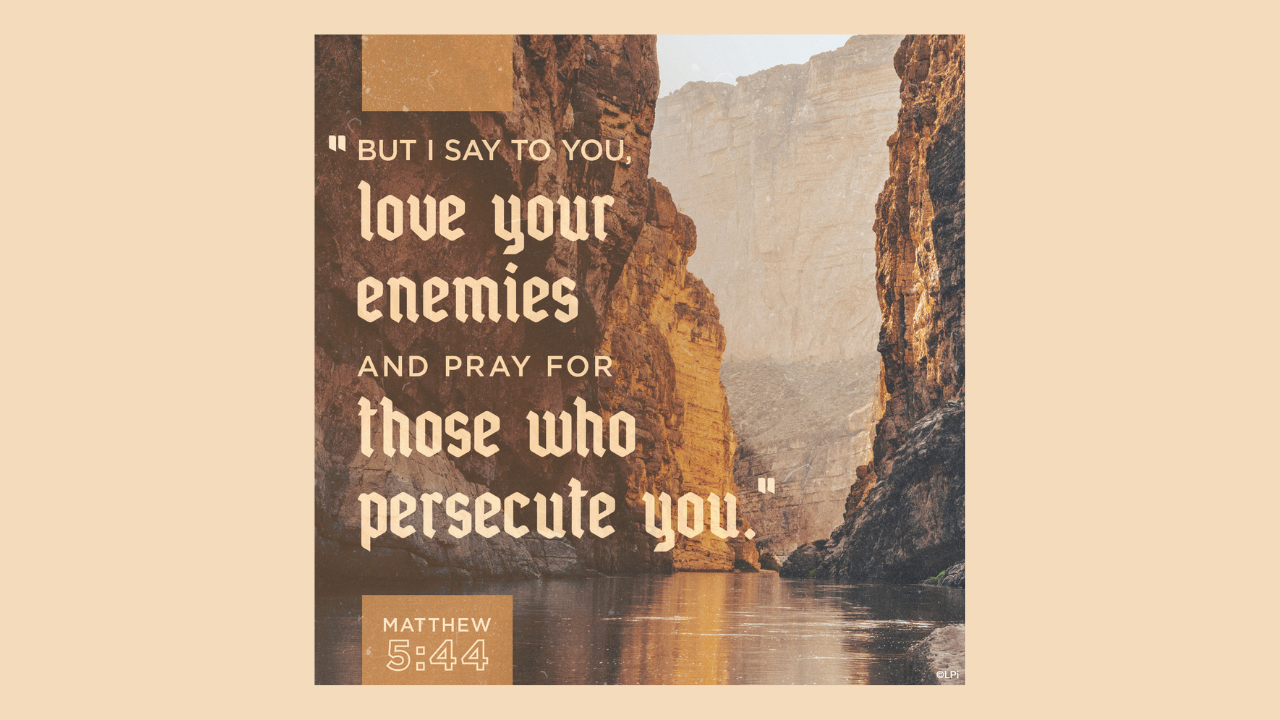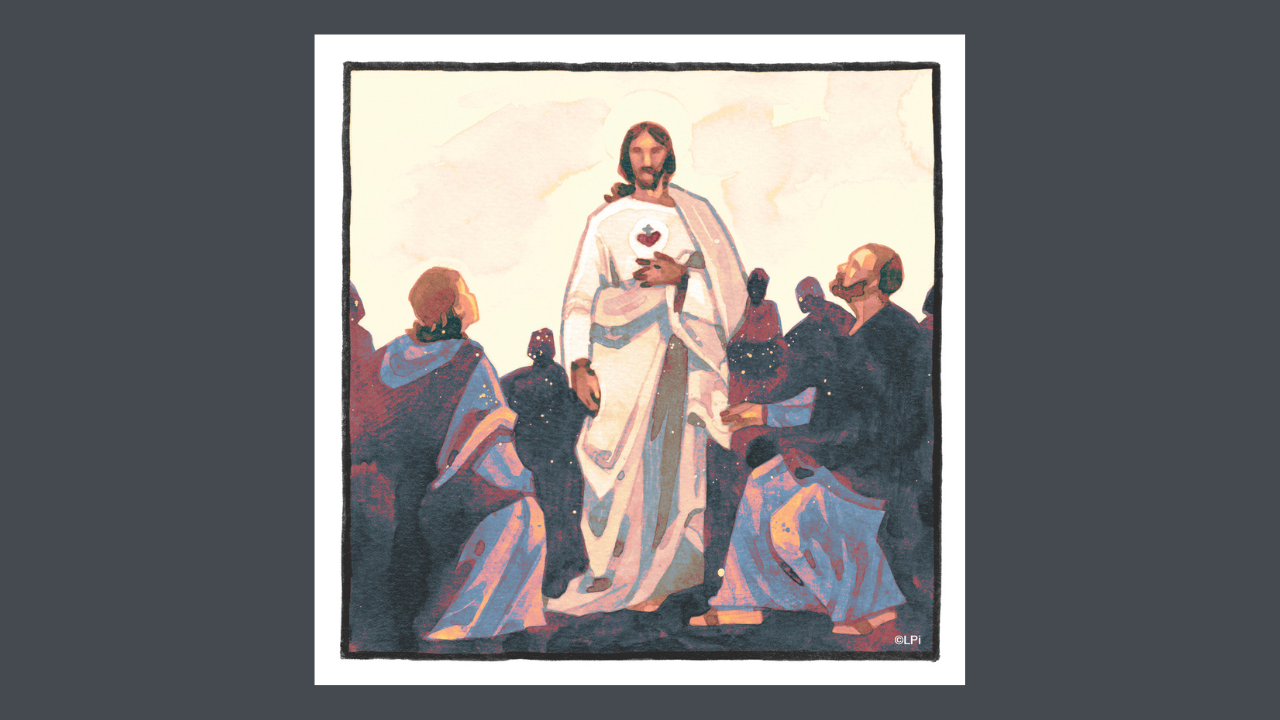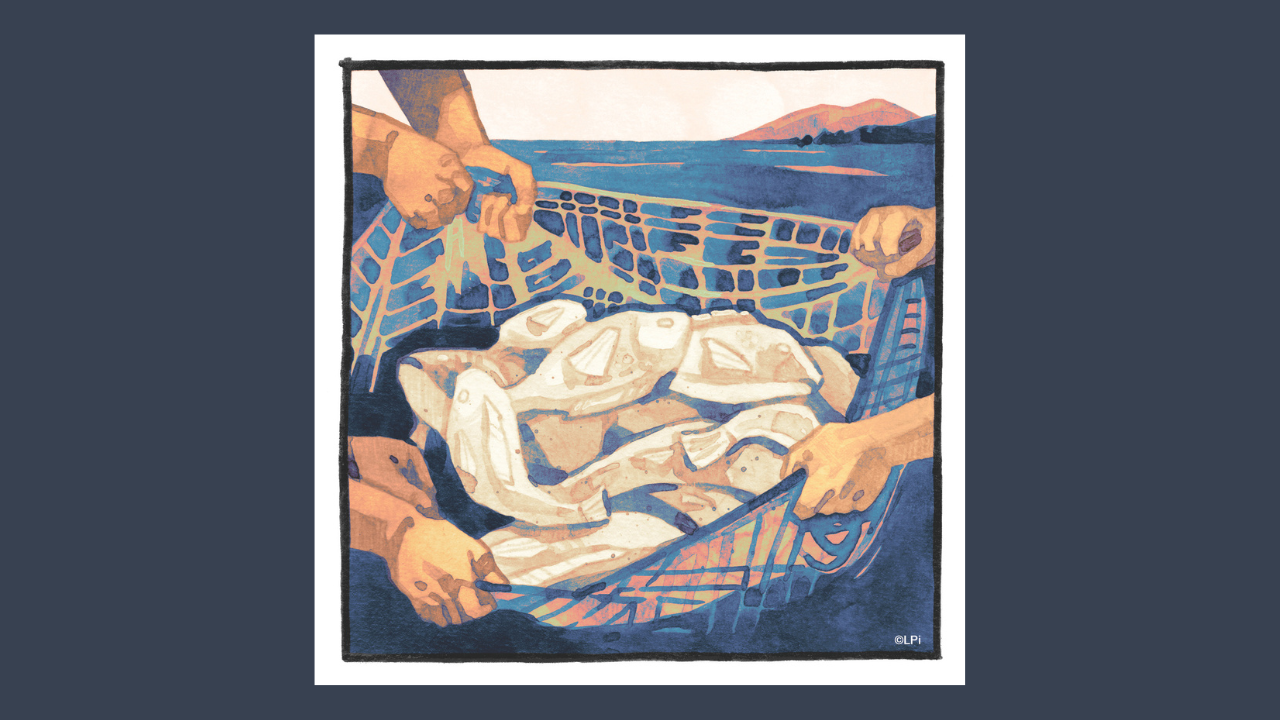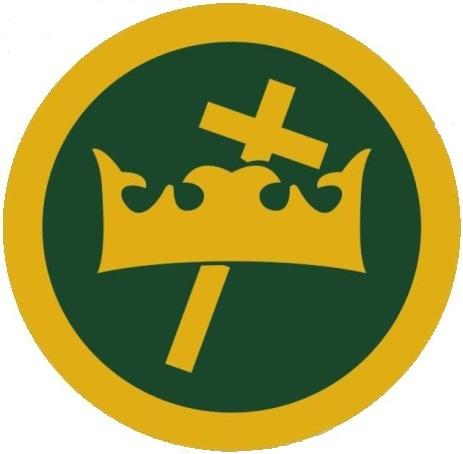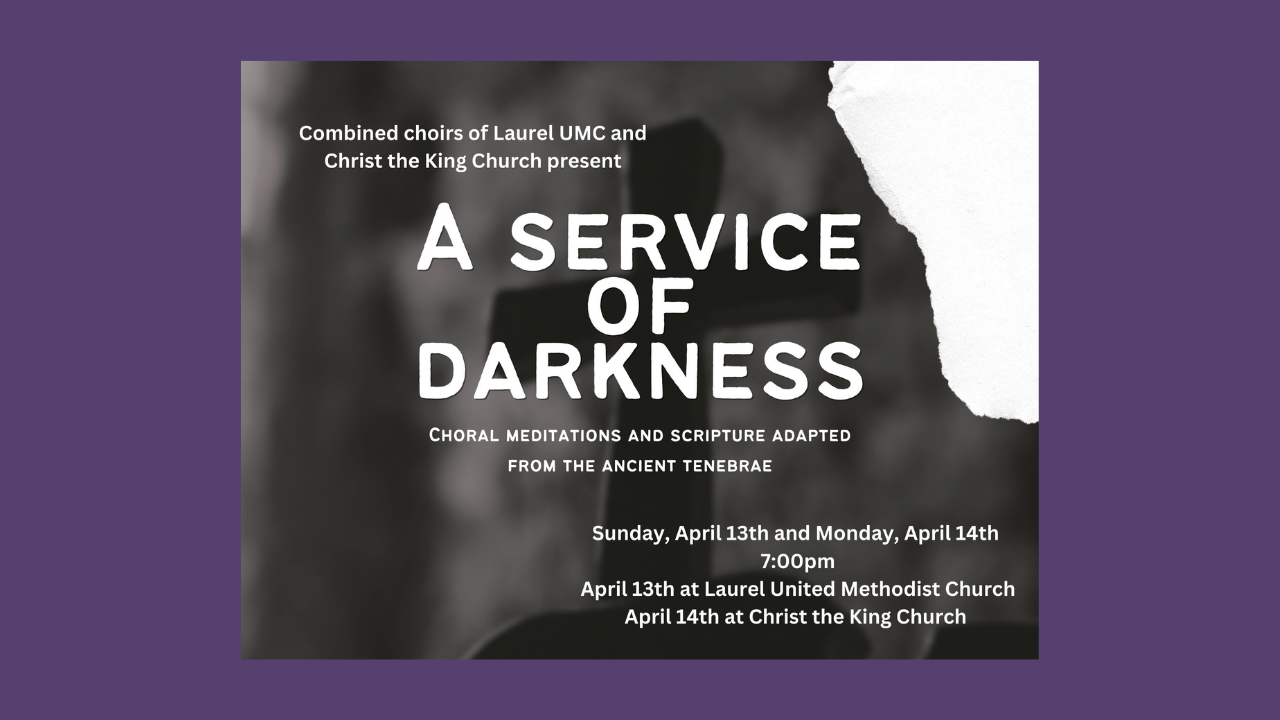"Three Paths of Discipleship" by Fr. Chris House
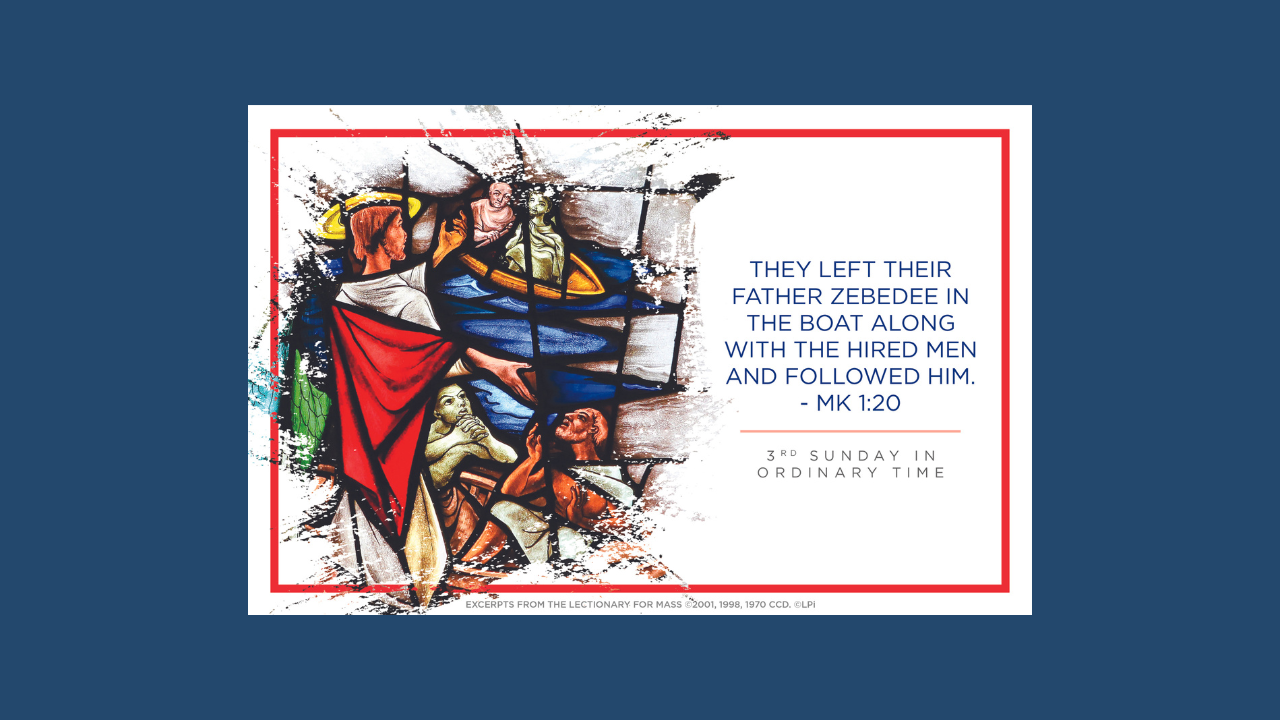
This Sunday’s and last Sunday’s Gospel passages are about discipleship. Last week we heard the call of Andrew, Peter, and another disciple as recorded by John. This Sunday we have the calling of Andrew, Peter, James, and John as recorded by Mark. There are differences between the two accounts, but the differences are in the details. Both Mark and John agree on the focus of their accounts: Jesus called and these men followed.
Again, we are presented with the importance of answering the Lord’s call to follow him. What does discipleship look like? Honestly, that depends on who you ask. When I was on faculty at Mundelein Seminary some years back, Bishop Robert Barron, then rector, gave us three paths for seminarian formation, but these three paths were not just about making priests, they were for making disciples which must come first. Discipleship is grounded in a relationship with Jesus and too often people confuse a relationship with the Church as a relationship with Jesus. Our relationship with Jesus is animated and expressed through our relationship with the Church but it must be something completely distinct. It is important that we ask ourselves if we can distinguish between the two.
The first path of discipleship is finding the center of our lives and there are many people, ideologies, behaviors and so on that vie for that position. The center must be Jesus. We cannot be true disciples if he is not central to who we are: not close to the center and not near the center, but the actual center. Jesus Christ, not an idea of him but the actual person, must be the central reality of our lives. His life, love, and grace must be the grounding forces that guide and move our thoughts and actions. If anyone or anything other than Jesus is occupying the center space of our lives, then our discipleship is lacking.
The second path is acknowledging that each of us is a sinner. For some people this may come as a shock, but, yes, all of us are sinners and this acknowledgement is vital for true discipleship. The Scriptures chosen for the Third Sunday in Ordinary Time point to this necessity. The beginning of Mark’s Gospel links the acceptance of Jesus’s call to repentance with the ability to accept his invitation to discipleship. If we are unwilling to acknowledge our need for a savior, then our discipleship will be empty. Jesus has come to save us from our sins and to lead us back to the fullness of the Father’s love. Any good and lasting relationship requires that each party know and understand each other. If we cannot, or will not, acknowledge our own sinfulness and our need for redemption then Jesus cannot be for us the savior that he wants to be and that we need him to be. Part of respecting our free will means that the Lord will not go where he is not invited, including into our lives. We must acknowledge our need for his mercy and forgiveness. When we do, then we can truly begin to know him.
The third and final path is acknowledging that our lives are not about us. Contrary to what the world tells us, we cannot always have what we want, when we want it, and however we want it if we would truly be the Lord’s disciples. The Lord Jesus tells us plainly “whoever would be my disciple must deny himself, take up his cross, and follow me (Mt 16:24; Mk 8:34; Lk 9:23).” Our Lord’s life was rooted in sacrificial love, and it must be the same for the disciple. Our lives must be about Jesus Christ and the building up of his kingdom here and now. That is expressed in our love that is shown to our sisters and brothers. If our life’s focus is self-centered then we cannot walk this third path of discipleship.
These three paths ultimately form one path, enabling us to fully answer Jesus’s call to follow him. Jesus is calling each of us by name to true discipleship. Are we willing to walk the path of discipleship on his terms and fully answer his call?
Thomas Merton Prayer
Last weekend in my homily I mentioned a prayer by the late Fr. Thomas Merton, a trappist monk from the Abbey of Gethsemane in Kentucky. Merton was a prolific spiritual writer in the 1950s and 1960s. Here is Merton’s prayer:
My Lord God, I have no idea where I am going. I do not see the road ahead of me. I cannot know for certain where it will end. Nor do I really know myself, and the fact that I think that I am following your will does not mean that I am actually doing so. But I believe that the desire to please you does in fact please you. And I hope I have that desire in all that I am doing. I hope that I will never do anything apart from that desire. And I know that if I do this you will lead me by the right road, though I may know nothing about it. Therefore will I trust you always, though I may seem to be lost and in the shadow of death. I will not fear, for you are ever with me, and you will never leave me to face my perils alone.
Blessings to you and yours for the week ahead!
Father Chris House
